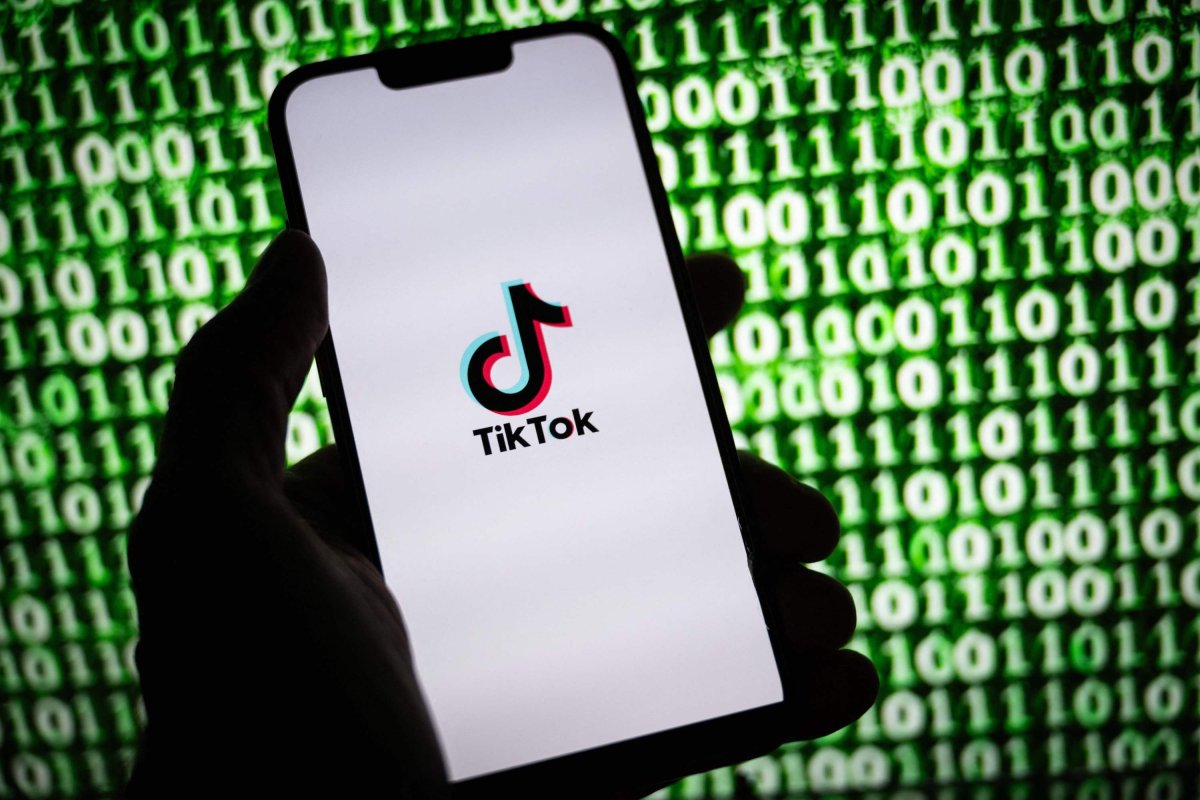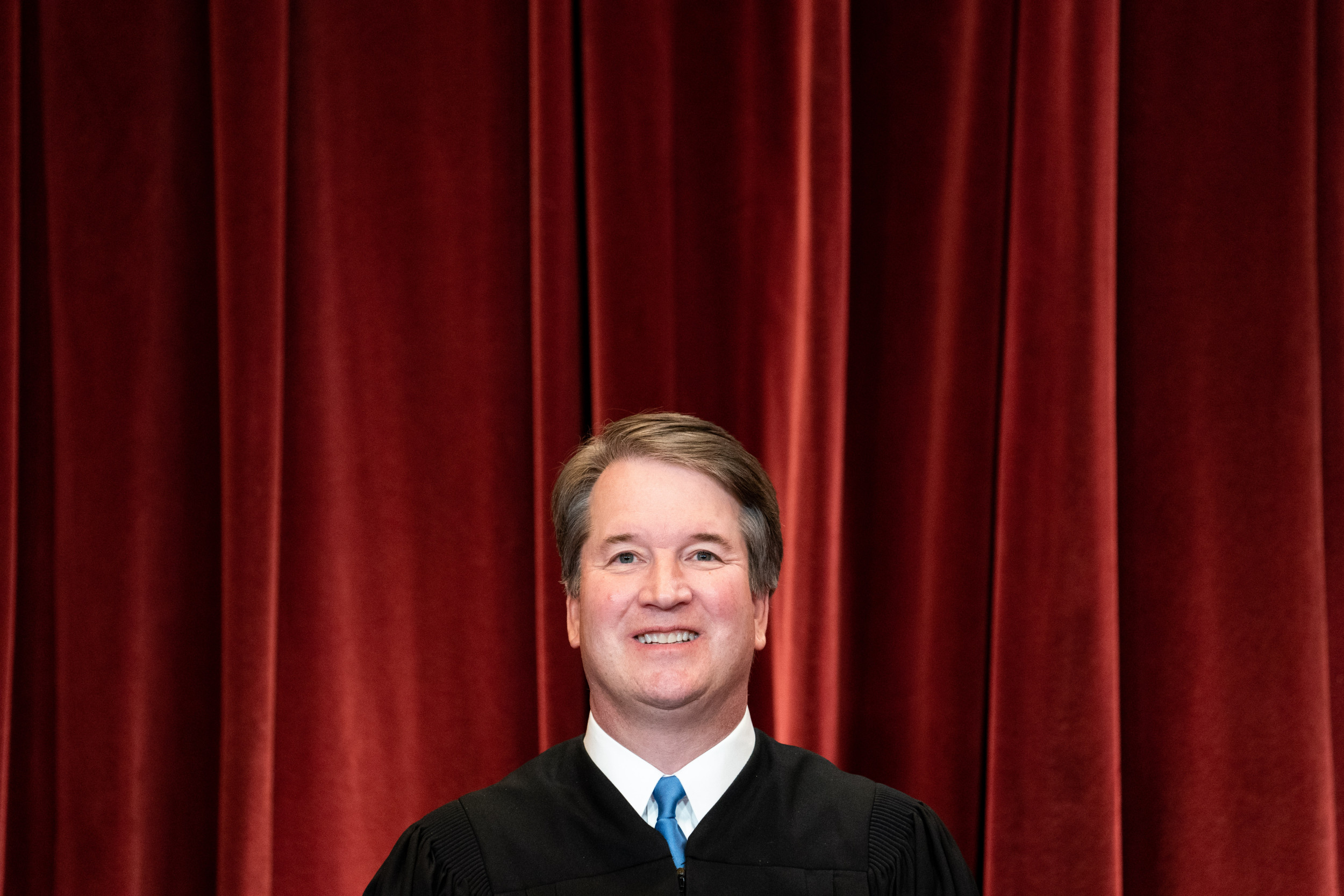Recently, a constituent emailed my office about TikTok. "I have not as yet seen evidence that the app poses security risks," he wrote. I hear this a lot from Americans skeptical of Congress' bill to require TikTok to cut ties with its Chinese parent company, ByteDance.
Lawmakers have a responsibility to respond directly to this and other concerns, because forcing a company to divest has serious implications. My response is this: ByteDance isn't a normal company. The evidence is clear that the Chinese Communist Party uses it to manipulate and spy on Americans through TikTok.
For one, the Chinese Communist Party controls ByteDance by law. In 2017, China's legislature required "all organizations and citizens" to "support, assist, and cooperate with national intelligence efforts." This means Beijing can command ByteDance to turn over Americans' TikTok data or modify the algorithm TikTok uses to manipulate American public opinion.
The connections between ByteDance and the Chinese Communist Party don't end there, though. The tech giant is closely involved with China's security forces. In 2019, ByteDance and China's Ministry of Public Security agreed to a plan of strategic cooperation to spread propaganda and strengthen China's "national security matrix" through ByteDance's platforms.
ByteDance has also been working to build artificial intelligence for the Chinese Communist Party's armed wing. In 2018, the company created the Beijing Academy of Artificial Intelligence, which collaborates with Chinese universities to amplify China's supercomputing capabilities. These efforts are affiliated with both the Chinese Ministry of Science and Technology and the People's Liberation Army.
When you look at who runs ByteDance, the line between the company and the regime gets even blurrier. After China banned an early version of TikTok in 2018, ByteDance founder Zhang Yiming groveled to Beijing, promising to embrace and spread "socialist core values." Today, ByteDance's chief editor, deputy chief editor, and vice president of government relations are all members of the Chinese Communist Party and/or the United Front system. The Chinese government also owns a "golden share" of a key ByteDance subsidiary, allowing a former government official to control the entire board.
ByteDance's business partners, meanwhile, are some of the most notorious human-rights offenders and military-linked companies in China. In fact, the U.S. government blacklists iFLYTEK, Megvii, and SenseTime—all of which have partnered with ByteDance—for enabling Beijing's genocide against Uyghur Muslims and other ethnic and religious groups. Another ByteDance partner, Sugon, is blacklisted for "helping the Chinese military do nuclear weapons simulation testing and hypersonic glide vehicle testing."

What does this all have to do with TikTok? It shows that TikTok's parent company, the company that controls TikTok's algorithm and accesses TikTok user data, is working hand in hand with an adversarial regime and its military-industrial complex. China's military doesn't exist to enrich or strengthen America, and neither do the companies it partners with.
There is also abundant evidence that TikTok and ByteDance have already spied on American journalists, stolen Americans' sensitive financial data, and interfered in America's political process. Meanwhile, the evidence keeps mounting that ByteDance manipulates TikTok's algorithm to influence what users see—and what they don't see.
Recent analysis shows there is a more than six-to-one ratio of pro-Israel content on Instagram versus TikTok, despite the apps' comparable user bases. If TikTok were truly a neutral platform for free speech, that ratio would surely be smaller. Things get even worse when you consider political topics that are more sensitive to Beijing. There is nearly 82 times more Tiananmen Square content on Instagram than there is on TikTok.
This perfectly matches what the Chinese Communist Party says it wants to do with the app. As the Jamestown Foundation reports, Party members have, at various times, called for TikTok's use to "precisely grasp the cognitive orientation of target users/audiences" in the United States in order to "fight the war of public opinion well" and "construct the Party's image" in a positive light.
Set aside what my colleagues and I were told during a classified briefing. This publicly available information tells a damning story about ByteDance's ownership of American social media. It's no surprise China has declared TikTok's algorithm a "protected technology," blocking foreign scrutiny, while TikTok itself has prevented researchers from analyzing its material systematically.
To all those who asked me about this, here's the bottom line: ByteDance should not be allowed to curate your video feeds. Our laws prohibit foreign nations from controlling television and radio stations, so we shouldn't tolerate our greatest adversary pulling the strings on TikTok, from which a third of Americans under 30 reportedly get their news.
Marco Rubio, a Republican, is a United States Senator from Florida.
The views expressed in this article are the writer's own.
Uncommon Knowledge
Newsweek is committed to challenging conventional wisdom and finding connections in the search for common ground.
Newsweek is committed to challenging conventional wisdom and finding connections in the search for common ground.
About the writer
To read how Newsweek uses AI as a newsroom tool, Click here.








